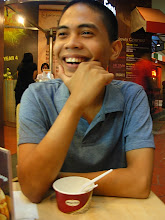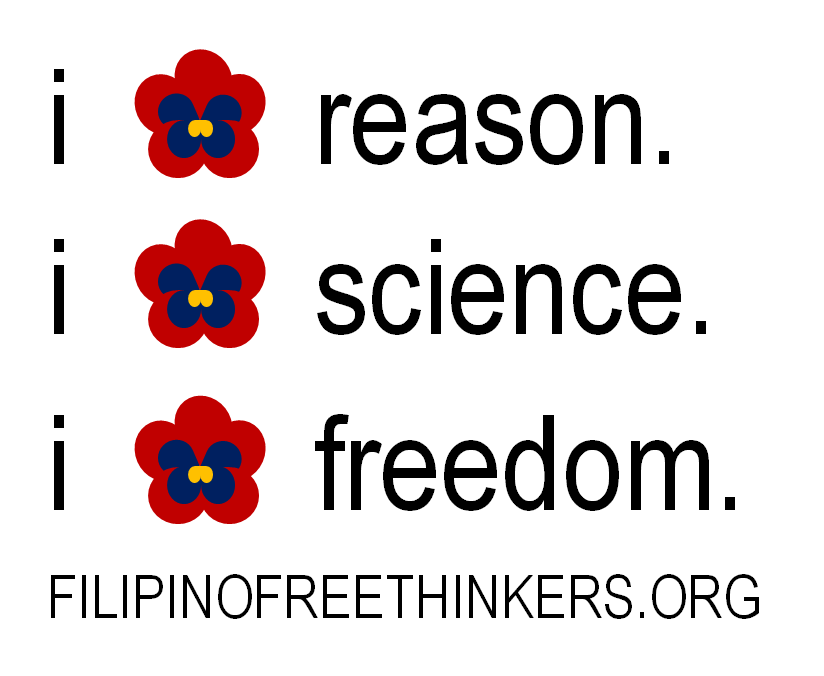Heresy is the Best Policy: The Value of Heresy (Part 1 of 2)
The great Clarence Darrow once said, “To think is to differ.” This truth implies that those who cannot disagree cannot think. Independent thinking is the only kind of thinking there is; to unquestioningly embrace opinions handed down ex cathedra is to abdicate one’s sacred right to think.
More importantly, the fact that thinking is differing implies that those who do not tolerate dissenting opinions do not tolerate thought. If disagreeing against orthodoxy is turned into a wrongdoing then the act of thinking is effectively criminalized. To require a group of people to think in the same way and to have the same opinion on important matters is to stifle their right to think, it is to make intellectual zombies out of them. No matter how intelligent a person is, this intelligence will mean nothing if he will allow himself to be the slave of a hive mind.
We can therefore restate Darrow’s words in the following manner: To think is to be a heretic.
This is perhaps why Roman Catholics who are for the RH Bill are effectively branded by the CBCP as heretics. Apparently, using one’s brain automatically excludes one from the Communion of Saints, if the bishops are to be believed. Perhaps this is also why Filipino secularists are heretics. In a country where the violation of church-state separation is “standard practice”, only those who think on their own manage to see the Catholic clergy’s practices for what they really are – acts of corruption, greed and abuse of undeserved power.
The said facts force upon us the following conclusion: Heresy is the best policy. I therefore urge everyone who values truth to be heretics! In other words, think! After all, everyone worthy of some consideration was a heretic. Only heretics change the world; without heretics, human history would be a never ending Dark Age.
 |
| Clarence Darrow. What that fierce face is saying: "I want YOU to be a heretic!" |
Being enemies of the Jewish orthodoxy of their time, the prophets of the Old Testament were all heretics; Isaiah and Jeremiah were not known for being popular among the commoners, nor were they ever called “bruddah” by the Jewish high priests. Jesus Christ himself was a heretic who greatly outraged the orthodoxy of his time, and the same can be said of Martin Luther who came after him. I even have the feeling that if Christ were alive today, the bishops who run the CBCP would be the first ones to ask for his head.
The tragedy with the said heretics, however, is that they were turned into orthodoxy; there is no better way to destroy a heretic than to give his words absolute authority. So many great heretics have been ruined in this way. For example, its detractors would have better appreciated Marx’s ideas had the Communists not make a religion out of them. The same can be said of Ayn Rand’s ideas, which are beautiful, and her androids, who worship those ideas blindly. Even Sigmund Freud, a man whose blood is 100% distilled heretic juice, was ruined when generations of psychologists decided to venerate his exquisitely provocative ideas, blindly according to them the status of fact. People frequently miss the point of heretics: What we value in them are their questions, not their answers.
 |
| This man was nailed on the cross as a punishment for his heresies. |
Fortunately, the best heretics have avoided becoming orthodoxy. Socrates is a good example of the consummate heretic; his life and death are proof that to be a philosopher is to be a heretic. Darwin was another a heretic to the bone, and he need not fear being turned into orthodoxy; science will never have its sacred cows. In fact, science thrives on disrespect for authority. As physicist Richard Feynman said, in the world of ideas one must “have no respect whatsoever for authority.” The establishing of orthodoxy is the end of science, a fact many anti-science people fail to grasp. Hence, to think scientifically is to be a heretic. Let me mention but a few more great heretics: Copernicus and Liszt, Giordano Bruno and Voltaire, Leo Tolstoy and Jose Rizal, C.S. Lewis and Friedrich Nietzsche, Martin Buber and Salman Rushdie.
 |
| A very heretical book, this one. |
I want to make it clear that I am not advocating metaphysical relativism. In many matters, the truth is still the truth, and those who disagree with it, no matter how heretical, must be schooled for their error. But holding something as true and using it as the basis of orthodoxy are leagues apart. When you hold something as true and are confident of its truth, there is no need to silence those who think otherwise. People who are confident of their truths tolerate dissenting opinion.
It must also be noted that not all heretical ideas are golden. In fact, many of them are even more wrong and dangerous than orthodox ideas. We do not value heretical ideas intrinsically; what we value instead is the fact that these heretical ideas can be freely spoken out, listened to and criticized. After all, as any avid truth seeker knows well, the existence of a market place of ideas where philosophies and worldviews can be presented and debated on freely is crucial in the search for truth. As I always like to say, a world without disagreement is a world without truth. All our hard won truths – from philosophical systems to scientific theories, from sociopolitical ideas to mathematical theorems, from theological treatises to criticisms of religion – are all products of the sustained discourse between generations of political thinkers, scientists, philosophers, mathematicians, scholars of theology and advocates of a cause. These truths were the products of thesis, antithesis and synthesis, of proposal, critique and compromise. We would never have enjoyed these truths were it not for the heretics who risked life and limb to battle the fierce orthodoxy.
 |
| 'Religion Overcoming Heresy.' Sad to say, my dear pope, it's the other way around. |









Post a Comment